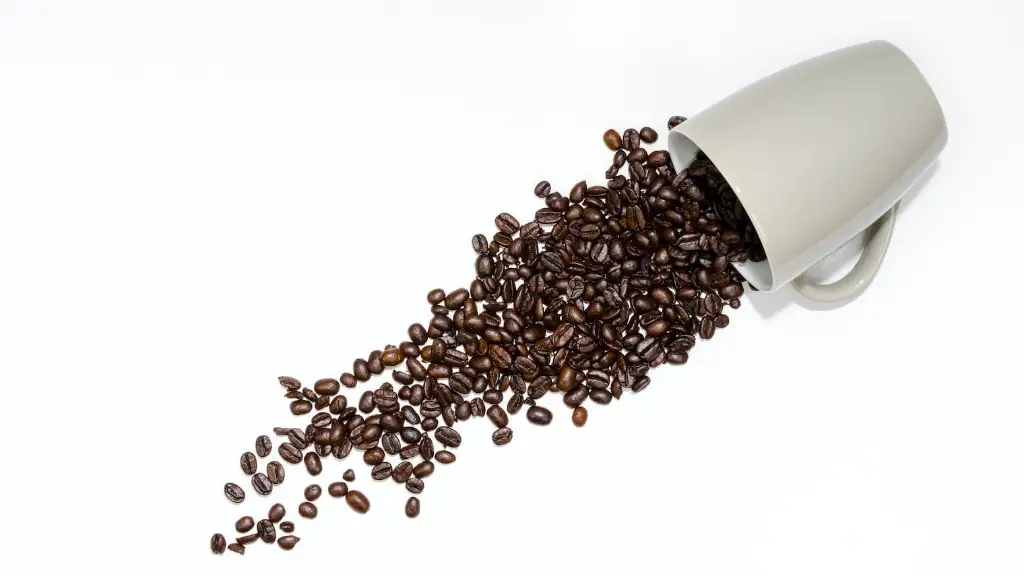Gestational diabetes (GD) is a condition that can occur during pregnancy, affecting up to 10% of pregnancies in the United States. Managing GD can be challenging and necessitates paying close attention to diet, exercise, and other lifestyle factors. One of the key pieces involves understanding the types of drinks that are safe to consume with gestational diabetes, including decaffeinated coffee.
Decaf coffee, which is coffee that has had its caffeine content reduced by at least 97%, is safe to consume with gestational diabetes. It may be helpful to note that decaffeination processes may involve the use of chemicals, so opting for organic, water-processed decaf is ideal.
Experts suggest that drinking no more than 2 cups of coffee per day — including regular or decaffeinated — is the generally accepted safe limit, as caffeine can act as a diuretic and interfere with healthy hydration. Moreover, too much caffeine can also increase blood pressure levels, which may have certain complications for pregnant women.
It is suggested that pregnant women should drink no more than 300mg of caffeine, which is roughly the equivalent of two 8oz cups of brewed coffee. The same quantity of decaf would contain approximately 2mg to 15mg of caffeine. Although the quantity of caffeine can differ slightly, depending on the sources, decaf coffee is consistently much lower in caffeine than regular coffee.
However, it’s important to remember that simply drinking decaf coffee is likely not enough to ensure carbohydrate and caloric intake remains low. It is important to be aware of the additional ingredients in coffee, such as milk, creamers, and sugar, which can add calories and carbohydrate and can raise blood sugar levels. Therefore, health professionals typically advise that decaf coffee should be consumed black or with sugar-free milk for those with GD.
Lastly, research suggests that the antioxidants and polyphenols found in coffee — both regular and decaf — may have certain health benefits. For example, studies have shown that drinking decaf coffee throughout pregnancy may reduce the risk of certain complications. However, more research is needed to confirm this effect.
Possible Risks
Although generally safe, drinking too much decaf coffee could be harmful to pregnant women and their growing fetus. Decaf coffee is not totally caffeine-free, as proven by scientists. Dietary guidelines advise women with gestational diabetes to avoid any foods or beverages with caffeine, although it’s believed to be safe in moderation. Excessive caffeine consumption has been associated with miscarriage, premature birth, and low birth weight, although research is lacking. Moreover, drinking more than two cups of decaf coffee per day could increase total caffeine intake to unsafe levels, while exceeding other dietary limits. Therefore, it is important to speak to a healthcare provider before drinking decaf.
Nutritional Value
Decaf coffee is nutritionally similar to regular coffee, offering the same beneficial antioxidants and other compounds. However, decaf does not contain the stimulant caffeine, and it tends to have significantly lower amounts of other compounds, such as chlorogenic acid, compared with regular coffee.
The nutritional value of a cup of decaf can vary substantially, depending on how it is made. An 8-ounce (240-ml) cup of regular brewed, black decaf coffee may contain 1 calorie, 2.4 mg of sodium, 0.2 g of carbohydrates, 0.1 g of protein, and 0.1 g of fat. It may also contain trace amounts of minerals, such as magnesium and potassium.
Meanwhile, a cup of espresso or latte-style decaf coffee can contain more macronutrients and calories, particularly if it is made with milk and other sweeteners. Therefore, it is important to check the labels or ask the server or barista how your beverage is made to get a clear nutritional profile.
Safety Considerations
Decaf coffee may be generally considered safe for pregnant women with gestational diabetes, provided it is consumed in moderation. However, women may have individual considerations to think about, such as underlying health conditions and any medications they may take. Therefore, it is essential that pregnant women, particularly those with GD, speak to their healthcare provider for personalized advice.
Moreover, as with regular coffee, consuming decaf too late in the day can disrupt sleep patterns. Therefore, it is important to pay attention to the timing of coffee consumption, as well as the types of additional ingredients used in the beverage.
Different Types of Decaf Coffee
There are several ways to decaffeinate coffee beans. The most popular methods include the use of water or chemicals, including methylene chloride and ethyl acetate. The caffeine content of decaf can range substantially, depending on the source. Water-processed decaf is generally regarded as safer.
Yet, other types of decaf coffee that are worth considering include soluble or instant decaf, cold brew decaf, organic decaf, and flavored decaf. Although these specialty options may be pricier, they provide the same health benefits, a different flavor profile, and lower levels of caffeine.
Precautions
Although decaf coffee is generally considered safe for pregnant women, it should still be consumed in moderation. Therefore, it is important to be aware of the sources, ingredients, and caffeine levels in coffees, as well as additional dietary considerations.
Additionally, it is important to remember that simply drinking decaf coffee is likely not enough to ensure carbohydrate and caloric intake remains low. It is important to be aware of the additional ingredients in coffee, such as milk, creamers, and sugar, which can add calories and carbohydrates and can raise blood sugar levels.
Side Effects
Drinking too much decaf coffee can have certain side effects, including insomnia, dehydration, headache, irritability, and palpitations. Moreover, it may also interfere with iron absorption and create dental sensitivities, as well as other digestion issues.
Due to the mild caffeine content in decaf, some people may still experience the same effects as regular coffee in high doses, such as nervousness, jitters, and increased heart rate. Therefore, it is suggested to drink decaf in moderation and take note of your body’s reactions to the beverage.
Additional Considerations
When it comes to caffeine consumption and gestational diabetes, anecdotal evidence suggests that some people are more sensitive than others to caffeine. Therefore, women may need to understand their individual needs, monitor the source, quantity, and ingredients of coffee, and pay attention to the effects.
Ultimately, the best approach to drinking coffee with gestational diabetes is to speak to a healthcare provider for individualized advice and keep consumption to a minimum. If coffee is enjoyed, opt for organic, water-processed decaf instead, as it tends to have lower caffeine levels than regular coffee.




